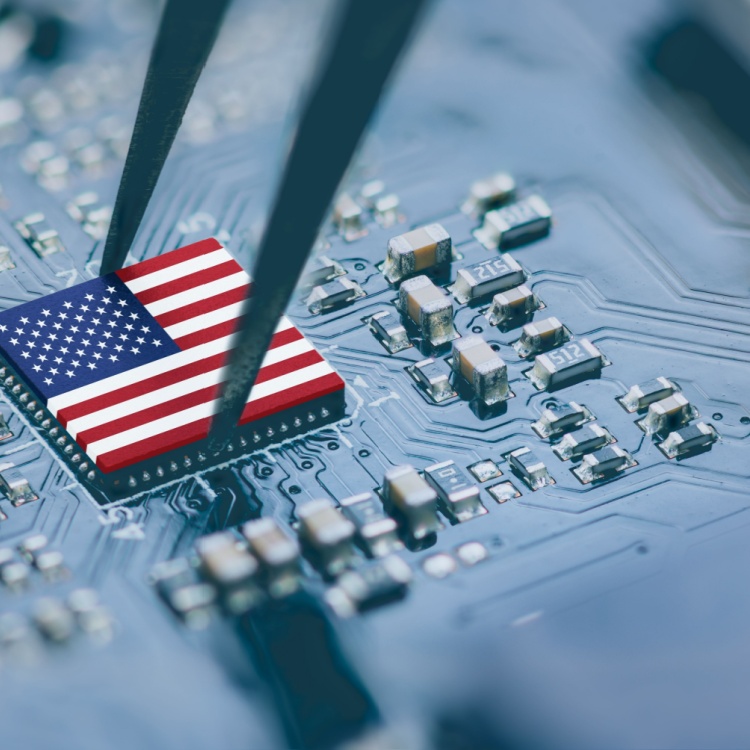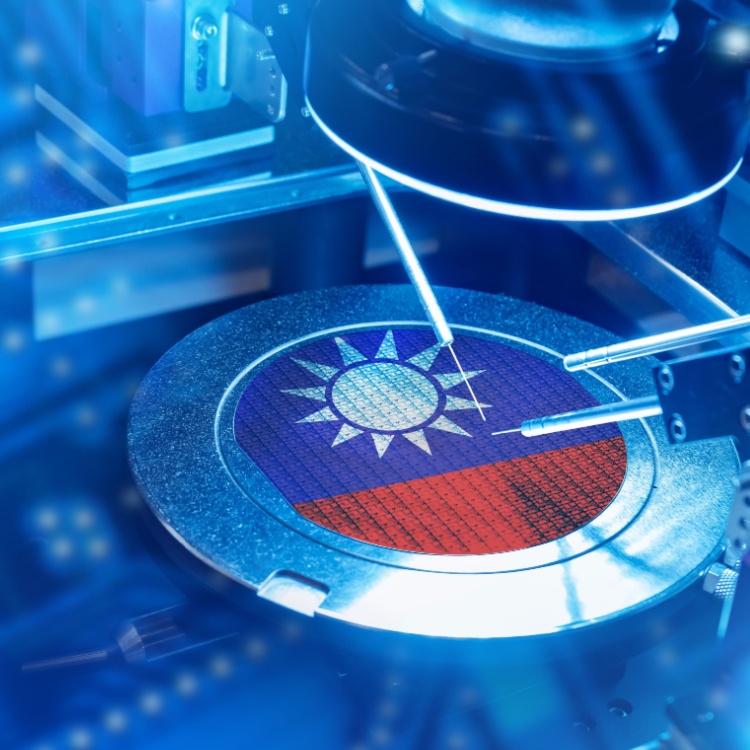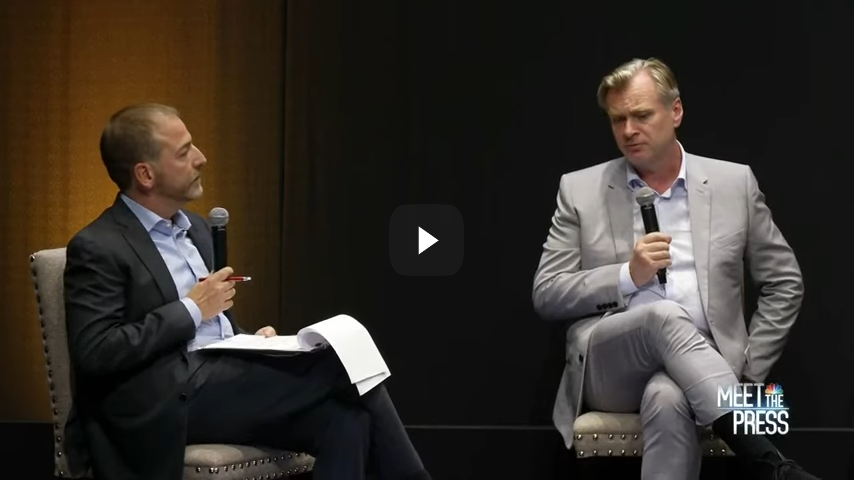“Oppenheimer” Makes Us Think Twice about AI
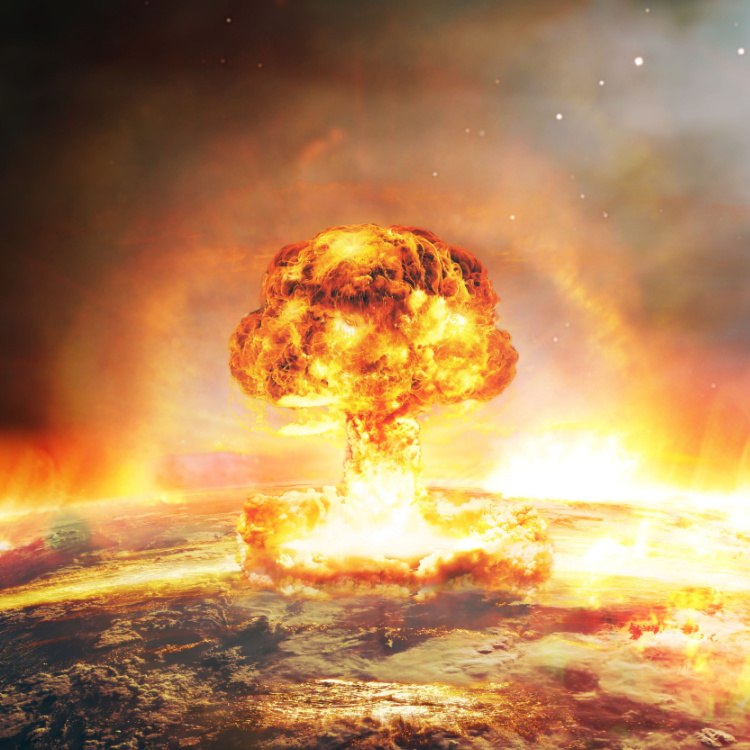
The movie “Oppenheimer” made hundreds of millions of dollars worldwide. It urged audiences to think about the message the film brings about the pitfalls of technology. What lessons does it give us about artificial intelligence?
When we think of milestones in science and technology, we tend to remember the good over the bad. While science in itself is not political, it can be used to serve selfish and harmful purposes. Sometimes, even when intentions are good, there can be disastrous consequences.
The atomic bomb defined a specific era where nations were in an arms race to stop a world war. The best scientists were summoned to develop a technology that could do this. It wasn’t until it was too late that its lead scientist, J. Robert Oppenheimer became more vocal about being cautious about using this technology. Even with its consequences, very few listened to him.
The movie “Oppenheimer” touches on sensitive topics such as the consequences and ethics of technology. Since its release, it has prompted scientists and policymakers to reflect on history and what lessons we can take away with us in today’s world.
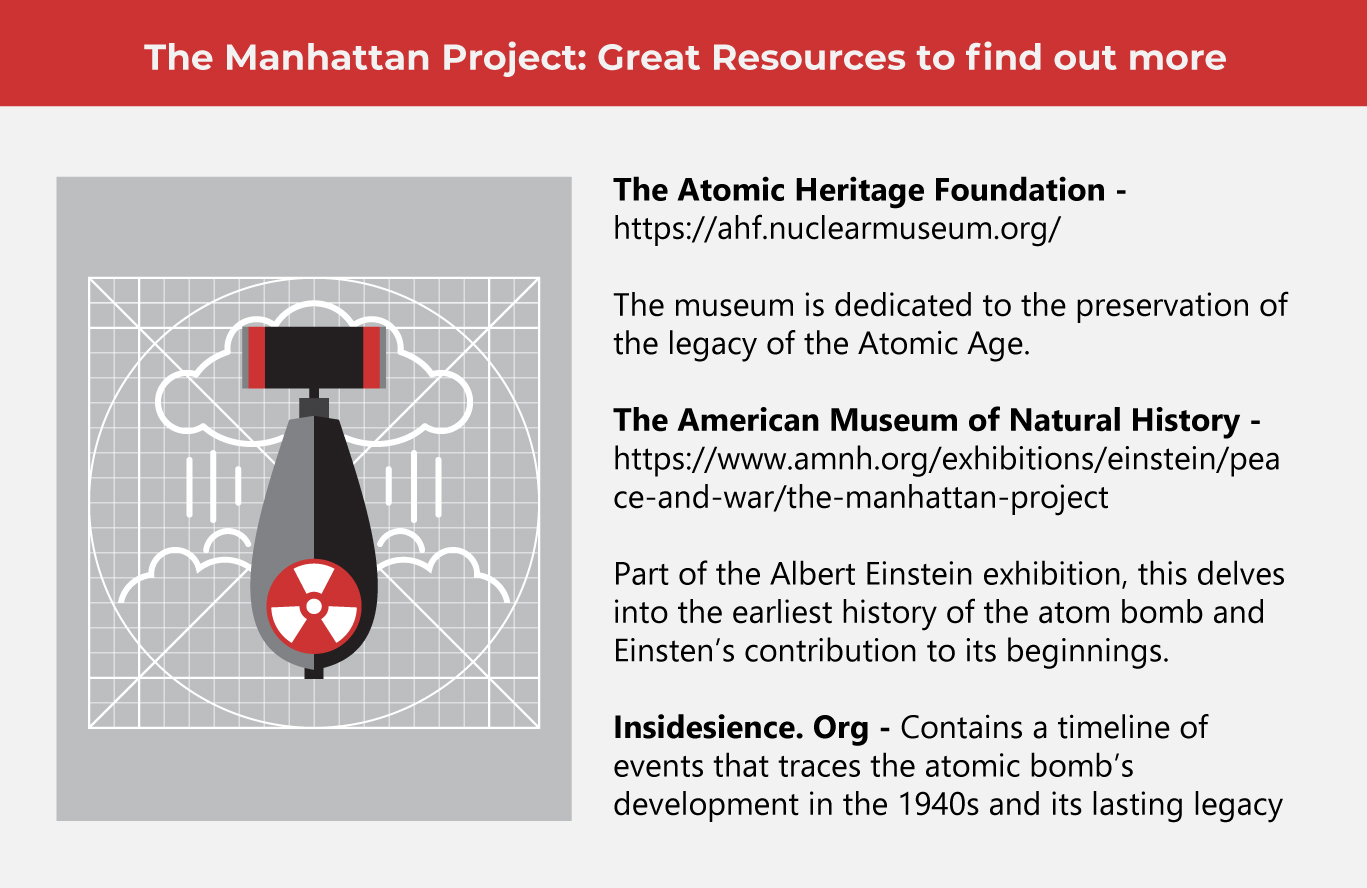
The next big technological revolution and arms race
No doubt that the atomic bomb stirred a technological revolution. The movie showed the pieces of history when governments warily shared information about technology, unsure of whether they were doing so with friends or foes. The best scientists worked round the clock to deliver results as swiftly as they could for fear of being outmaneuvered by counterparts from rival countries.
When we think of these scenarios, scientists and policymakers are probably not wrong when drawing similarities to our current global climate. The events may not be the same, but they feel familiar: man is only doing it with different weapons and different technologies, such as AI.
“Oppenheimer”’s director Christopher Nolan acknowledged that there are clear connections between the events of his film and concerns surrounding AI. He says that he sees similarities existing among those who are calling for more stringent and cautious regulation of AI technology. This is supported by recent developments that have occurred worldwide.
For example, the United Nations Secretary-General Antonio Guterres addressed the UN Security Council in July 2023 to call for global governance on AI technology. He urges the Council to approach the technology “with a sense of urgency, a global lens and, a learner’s mindset.” While AI is a strong tool for global development, healthcare, and education, Mr. Guterres also cites the misuse of AI for amplifying misinformation, discrimination, and authoritarian surveillance.
Calling on the UN Security Council to “exercise leadership”, he cited the International Atomic Energy Agency as a model for the proposed entity to oversee global standards for AI.
Meanwhile, U.S. senator Edward J. Markey wrote an article for Scientific American drawing similarities between the film “Oppenheimer” with the discussion on AI. He acknowledged that though we are in the early days of discovering what can be done with AI, he says that regulations need to keep up.
The senator warns of AI technology being militarized by governments, but also of potential abuses from civilians who use spread access to the technology. He calls on Congress to act on his bill that prohibits the use of AI in launching nuclear weapons.
Scientists who have seen the film are also viewing it through the lens of healthcare and medicine. While there are already many generative AI tools being utilized in the field, we still do not know what consequences there may be for using AI on a larger scale, especially when it comes to health.
Similar to the thousands of vulnerable communities in New Mexico impacted by the Manhattan Project’s development, there will be vulnerable communities impacted by the unknowns of AI. In his article for Scientific American, Senator Markey also said that AI’s performance “rests on exploitive labor practices, both domestically and internationally.”
AI technology is amazing and has the potential to liberate and help man, but just like any technology, the temptation and perhaps impulse to use it in less skillful and more selfish ways can far outweigh its potential for goodness. Oppenheimer, though his contribution to the atomic bomb was the largest—he was its godfather, after all,
saw its greatest flaw and tried to tell the world about this mistake.
Meanwhile, “the godfather of AI”, Dr. Geoffrey Hinton resigned from Google in May 2023, and warns of the dangers of AI. In an interview with the BBC, he said that some dangers that chatbots pose were “quite scary”.
Maybe man should seriously consider the consequences when technology’s creators call it quits and start calling their creations scary.
It has been almost eighty years since the atomic bomb was dropped on Hiroshima and Nagasaki, but the world should never forget the thousands that died. Today, we have the luxury and privilege of having the lessons of history and hindsight. Our world has not exploded from our brand-new technologies and clever machines, but if we don’t heed the warning of misusing technology, we just might come close to disaster all over again.
As one of the Top 19 EMS companies in the world, IMI has over 40 years of experience in providing electronics manufacturing and technology solutions.
We are ready to support your business on a global scale.
Our proven technical expertise, worldwide reach, and vast experience in high-growth and emerging markets make us the ideal global manufacturing solutions partner.
Let's work together to build our future today.
Other Blog
